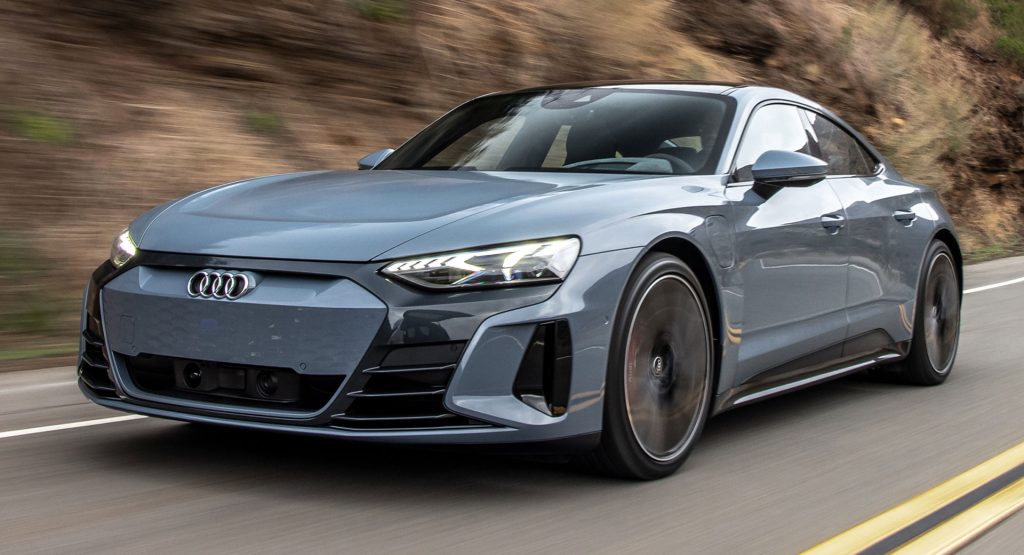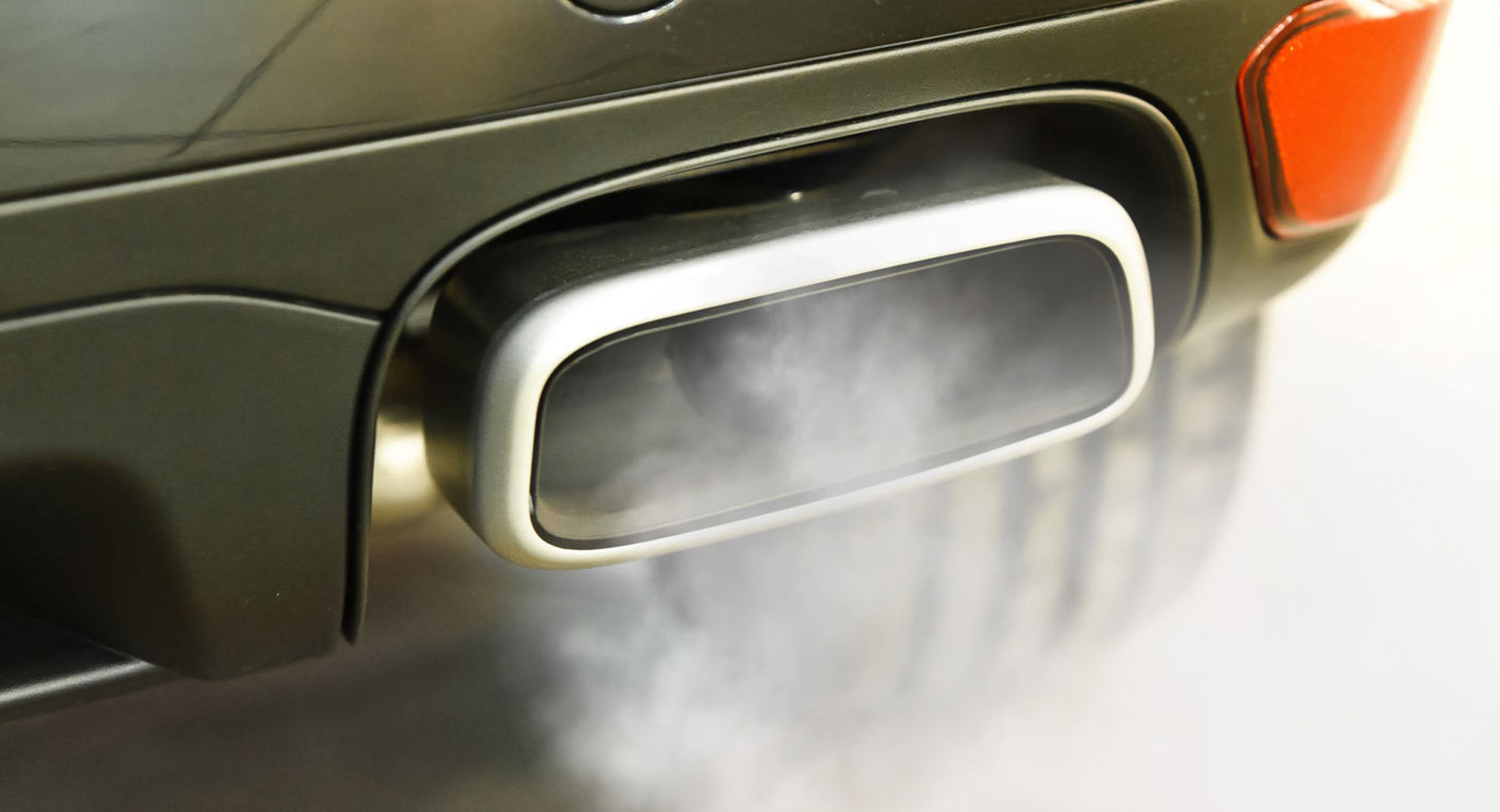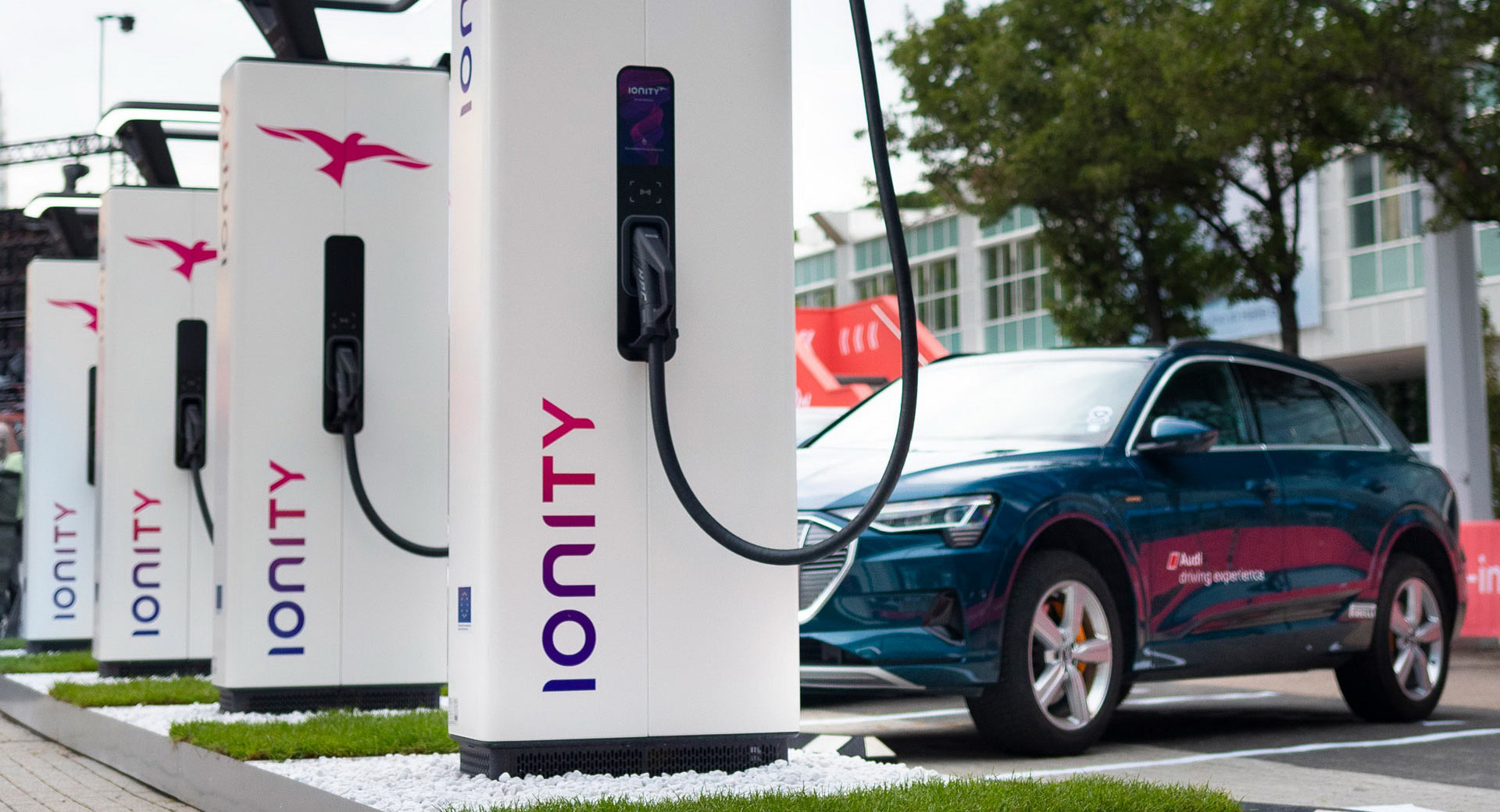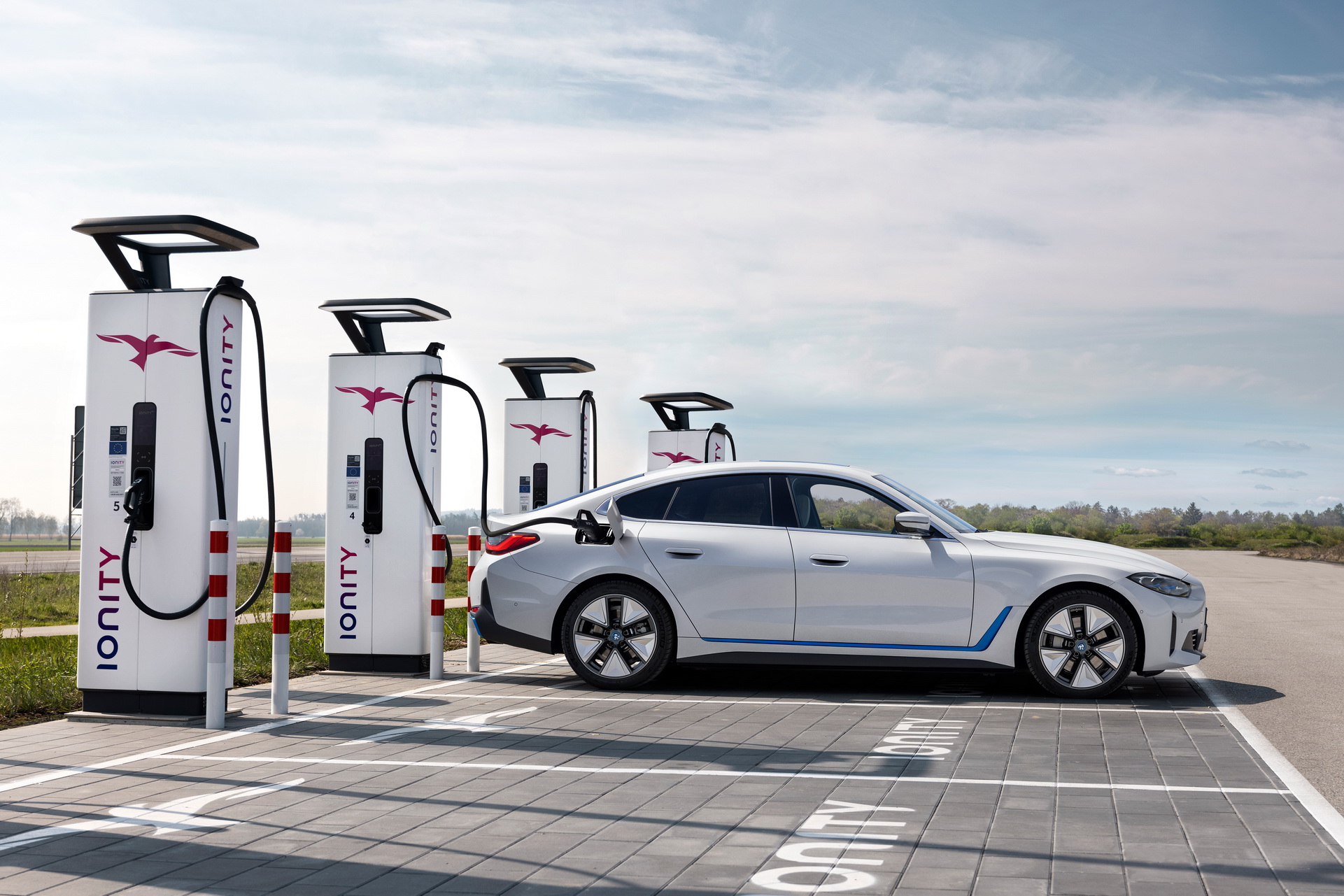The European Commission has officially announced a proposal that would effectively eliminate ICE vehicles by 2035.
While the European Green Deal is massive and consists of many different components, it calls for a combination of measures to “tackle rising emissions in road transport” and says “stronger CO2 emissions standards for cars and vans will accelerate the transition to zero-emission mobility.”
As part of this effort, they propose requiring average emissions of new vehicles to drop 55% – from 2021 levels – by 2030. Just five years later, in 2035, they want average emissions to fall 100%.
Also Read: European Union Could Ban All New Combustion Engine Cars From 2035
That’s a weird way of wording things, but the European Commission didn’t beat around the bush as they said “all new cars registered as of 2035 will be zero-emission.” That would be a radical change, but a handful of European automakers have already announced plans to go EV-only before that deadline.
To support the switch to zero-emission vehicles, the Commission put forth revised Alternative Fuels Infrastructure Regulation which will require member states to expand support for eco-friendly vehicles. In particular, it calls for an electric vehicle charging station every 60 km (37 miles) on major highways as well as a hydrogen refueling station every 150 km (93 miles).
The regulations go into far more detail and call for things such as “600 kW [of] installed charging capacity every 60 km (37 miles) in each direction by 2030 (1.2MW total), including at least two 150 kW charging points per direction.” Reuters also noted the Commission projects there will be 3.5 million public charging stations by 2030 and 16.3 million by 2050.
While there’s a lot to shift through, the President of the European Commission said “fossil fuel economy has reached its limits. We want to leave the next generation a healthy planet as well as good jobs and growth that does not hurt our nature.”
However, everyone isn’t on board and the European Automobile Manufacturers’ Association said the “proposed CO2 reduction target for cars of 55% by 2030 will be very challenging.” ACEA President and BMW CEO Oliver Zipse went on to say, “Without significantly increased efforts by all stakeholders – including member states and all involved sectors – the proposed target is simply not viable.”







